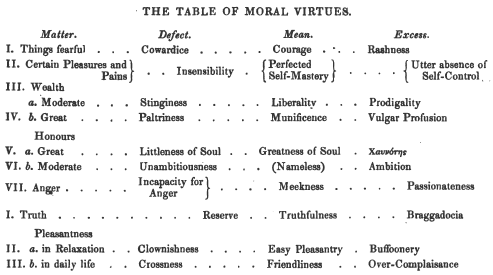The Chronicle of Higher Education recently published a piece detailing various perspectives on the problem of people from the other-- namely, that we are inclined to orient ourselves to favour people like "us" and treat less positively people "like them:"
Are we just boringly binary? And why, as both Rodney King and distinguished science writer David Berreby asked, for different reasons, can't we all get along?
Back in 2005, Berreby tried to open our eyes on the subject with his noncontentiously titled Us and Them: Understanding Your Tribal Mind (Little, Brown and Co.). We can't help being tribal thinkers, Berreby explained, because organizing other humans into kinds is "an absolute requirement for being human." It is, he wrote, "the mind's guide for understanding anyone we do not know personally, for seeing our place in the human world, and for judging our actions." There is "apparently no people known to history or anthropology that lacks a distinction between 'us' and 'others,' " and particularly others who don't rise to our level.
Our categories for humans, Berreby elaborated, "serve so many different needs, there is no single recipe for making one." Categories for other people "can't be understood objectively." We fashion them in classic pragmatic style to suit our purposes in solving problems, particularly that of generalizing about people we know by only a feature or two. We make these categories—often out of strong emotional need. We don't discover them. American suburbanites need "soccer moms," Southern kids need "Nascar dads," Yemenites need neither.
However, the problem is not that we have these ancient tendencies that the modern world has to reconcile; at least, not completely. A counter point is offered that we are in fact caricaturing the ancient world by assuming they were so universally stereotyping:
Rethinking the Other in Antiquity, by Erich S. Gruen, out this month from Princeton University Press, like all excellent scholarship massages the mind in useful new directions. Gruen, a Berkeley professor emeritus of history and classics, wields his command of ancient sources to shake a widely shared historical belief—that ancient Greeks and Romans exuded condescension and hostility toward what European intellectuals call the "Other." For those Greeks and Romans, that largely meant peoples such as the Persians, Egyptians, and Jews. Even if Gruen doesn't wholly convince on every ground that Greeks and Romans operated like Obamas in togas, regularly reaching out to potential enemies, his careful readings of Aeschylus, Herodotus, Tacitus, and others introduce us to a kinder, gentler ancient world. His analysis confirms how even back then, tossing people into a category and then hating them en masse was a choice, not an evolutionary necessity.
Gruen doesn't deny the transhistorical phenomenon of "Us vs. Them" itself. "The denigration," he writes at the outset, "even demonization of the 'Other' in order to declare superiority or to construct a contrasting national identity is all too familiar." What bothers him is the degree to which analysis of "such self-fashioning through disparagement of alien societies" has become "a staple of academic analysis for more than three decades" (he respectfully mentions Edward Said's Orientalism and the progeny it sparked), rendering the factual phenomenon under examination too unquestioned.
...
Scholars familiar with ancient sources will quickly note, of course, that Gruen partly achieves his task of emphasizing the generous rather than xenophobic strain among classical writers by his choice of authors. He devotes pages and pages, for instance, to the genial Herodotus, with his decidedly mixed views, while Isocrates—surely the foremost Greek stoker of animosity toward the Persians—appears on all of six pages in a 415-page work. Gruen quickly dispatches Isocrates as a proponent of "jingoism" whose "harsh words ... hardly count as representative of widespread Hellenic opinion."
That, however, remains reasonable given Gruen's announced purpose—to tell the other side of the story. Anticipating possible criticisms, Gruen stresses that his book does not vaunt the ancient world as "some bland amalgam, a Mediterranean melting pot" abounding in "starry-eyed universalism." Rather, his point is that the ancients, like us, enjoyed options in how they categorized others, drew upon others, and defined them in the process of shaping their own cultures. They sometimes chose—more often than one realized before reading Gruen's book—to do so in a spirit of admiration and respect. Contrary to much received opinion, we have some classical role models in resisting "Us vs. Them."
So, are we forever bound by our tribal origins? Or can we learn to cast a wider circle of "us," if not eliminate the boundary at all? Discuss your various levels of cynicism and optimism here or on the EnCore Facebook page. [link needed].

